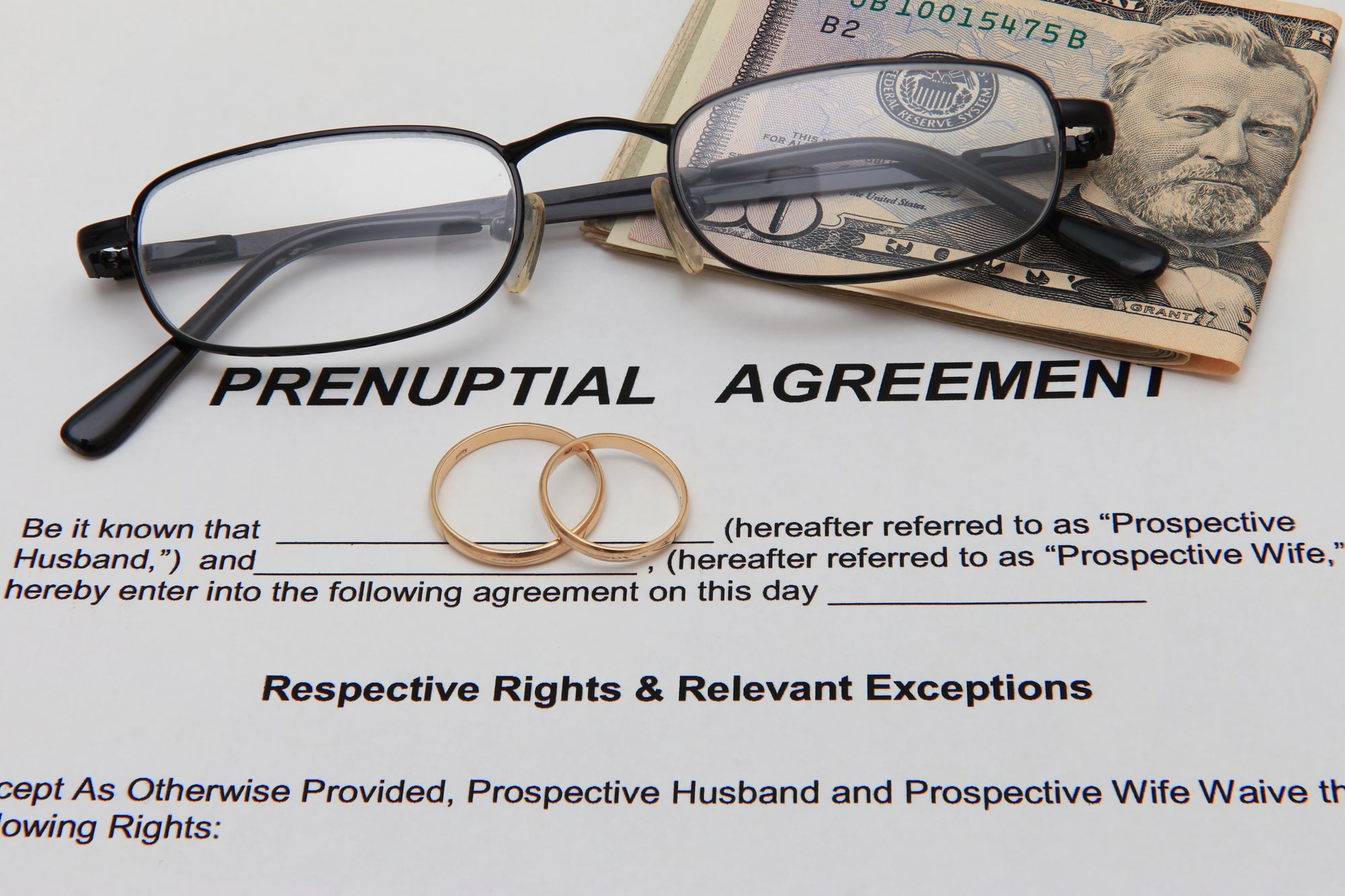
Many couples getting ready for marriage are also considering how to handle finances, protect property, and plan for the future. At The McKinney Law Group, we focus on helping individuals and couples develop prenuptial agreements that reflect their unique goals and concerns. With experience handling matters involving family-owned businesses, real estate, inheritances, and income planning, our team guides clients through the process with clarity and confidence. We believe timing is one of the most important factors when discussing and drafting a prenup, and we help our clients approach those conversations thoughtfully and early. If you’re looking for support as you plan your future, speaking with a Miami, FL prenup lawyer can be a helpful first step.
When Is The Right Time To Bring Up A Prenup During An Engagement?
It’s best to raise the topic early in the engagement—ideally within the first few weeks after deciding to marry. This gives both partners time to process the conversation, think about their priorities, and consult legal professionals if needed. The earlier the topic is introduced, the more likely it is to be a productive discussion rather than a rushed decision. Waiting too long can add unnecessary pressure and reduce the time available to draft an agreement that works for both people.
How Far In Advance Of The Wedding Should A Prenup Be Signed?
Most attorneys recommend finalizing and signing the prenup at least 30 days before the wedding. In some states, this timeframe is taken into account when reviewing the validity of the agreement. A prenup signed well in advance shows that both parties had time to review the terms without feeling rushed or pressured. It also allows time for any necessary revisions, financial disclosures, or independent legal reviews to take place.
Can A Prenup Be Signed Too Close To The Wedding Date?
Yes, it can. While there is no universal rule that says how many days in advance a prenup must be signed, doing so within days of the wedding may lead to future legal challenges. A last-minute prenup can be argued as being signed under pressure, especially if one party feels they had no meaningful opportunity to negotiate or decline the terms. Giving both sides time and space to consider the agreement is essential to its enforceability.
What Happens If One Partner Delays The Prenup Conversation?
If one partner puts off the conversation, it can make the process more difficult as the wedding date approaches. It’s important to have open and honest discussions early, even if they feel uncomfortable at first. Delays can limit the amount of time available to negotiate terms and review finances, which may result in one partner feeling rushed or unsure. If the conversation is put off too long, the couple might end up postponing the agreement or deciding to address it later through a postnup.
Is It Better To Talk About A Prenup Before Or After Getting Engaged?
Ideally, the conversation should happen before the engagement becomes official. Discussing the idea of a prenup early in the relationship can help both people understand each other’s views on money, property, and financial planning. If that’s not feasible, bringing it up soon after the engagement begins is still reasonable. What matters most is allowing enough time to talk through concerns and reach a mutual agreement without pressure from wedding deadlines.
Giving Prenup Discussions The Right Foundation
Couples should have the opportunity to plan their future with clear, thoughtful decisions rather than feeling pressured into last-minute legal agreements. A well-timed conversation about a prenup can open the door to better communication and long-term trust. Attorneys like those at The McKinney Law Group offer guidance for couples who want to address these issues before saying “I do.” If you’re planning your wedding and thinking about a prenup, talking with our prenup lawyer early can make a difference in how you move forward.
